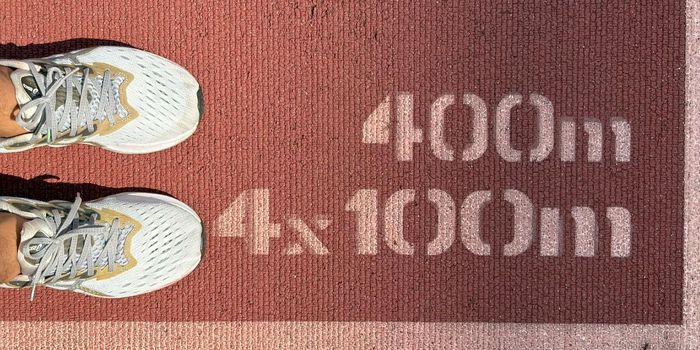In the year following a heart attack, young men and women who face financial barriers to care may experience worse health outcomes, a new study suggests.
The national study of a group of young adults with myocardial infarction found that those who reported experiencing financial barriers to healthcare services and medication reported worse quality of life, more depressive symptoms, poorer psychosocial status, and more stress than patients without financial barriers, both while in the hospital and 12 months later.
“Despite the expansion of insurance coverage, young adults face major challenges to obtaining affordable healthcare,” says first author Adam Beckman, a 2016 graduate of Yale College and the Yale Global Health Scholars program.
“We suspected women may experience greater challenges than men—they often have lower income and less complete medical coverage than men, and care for multiple generations of family, and that this may in part explain why young women have worse outcomes following a heart attack as compared with similarly-aged men.”
For the study, published in the
Journal of the American Heart Association, researchers surveyed 3,437 patients with a heart attack (ages 18-55) both one month and 12-months after their hospitalization. The patients were from the VIRGO study (Recovery in Variation: Role of Gender on Outcomes of Young AMI Patients), a trial observing younger patients after heart attack, particularly women, from the United States and Spain.
The findings show that nearly one in three young adults reported financial barriers to health care services and about one in five reported financial barriers to medications, women more so than men. “Contrary to our hypothesis, both men and women who reported having a financial barrier were significantly worse off one year after their heart attack,” Beckman says.
“Our study emphasizes that patients need us to think about their social needs, not just their clinical symptoms,” says senior author Erica Spatz, assistant professor of medicine at Yale School of Medicine and a clinical investigator at the Yale Center for Outcomes Research & Evaluation (CORE).
“We have not completed our job if we discharge patients from the hospital and recommend they use medications or services like cardiac rehab that they cannot afford.”
The National Heart, Lung, and Blood Institute partially funded the study.
Source:
Yale University
This article was originally published
futurity.org.









